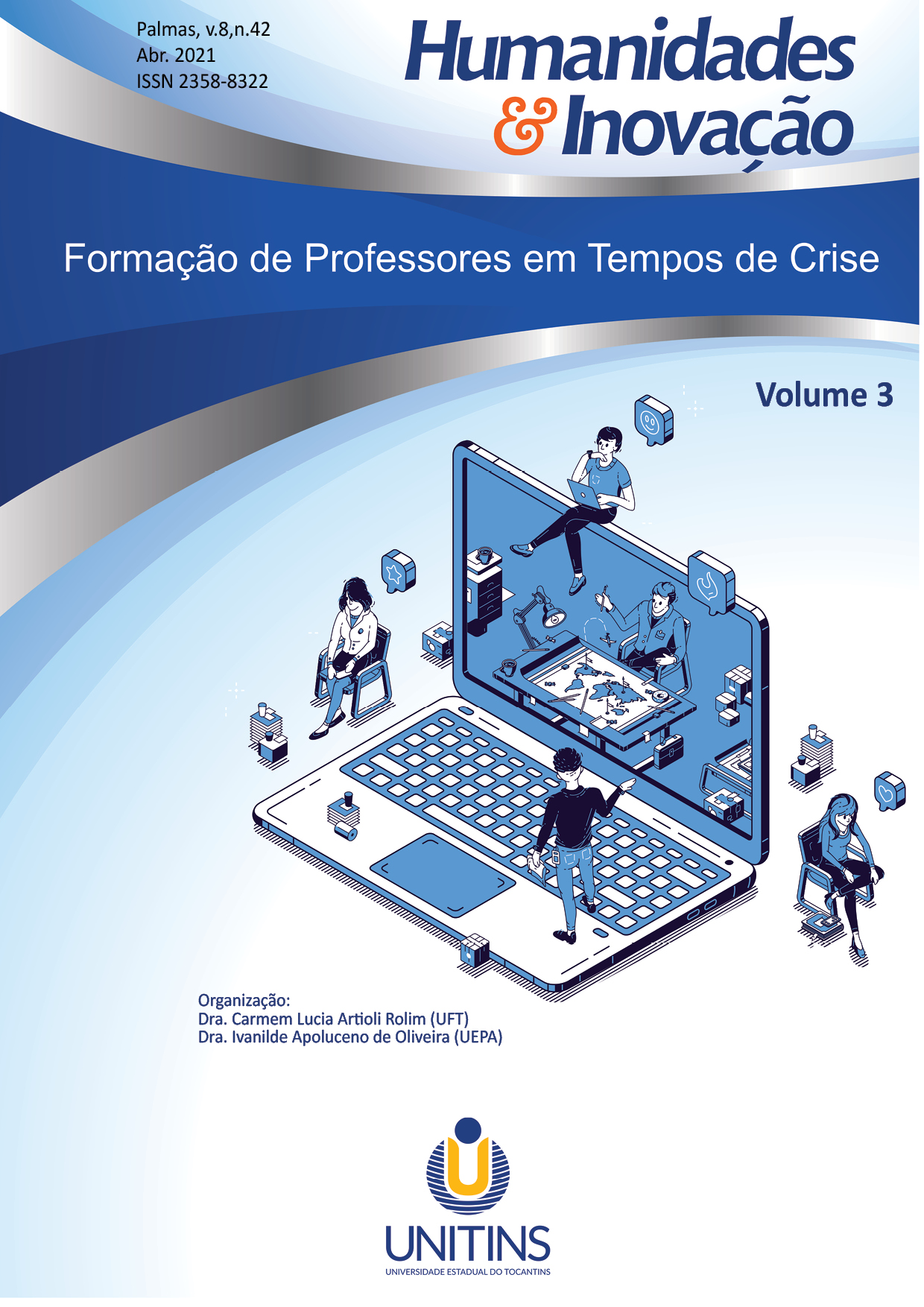A ESCOLA E OS NOVOS DESAFIOS DA EDUCAÇÃO INCLUSIVA: CONTRIBUIÇÕES DA DIDÁTICA E DA NEUROCIÊNCIA
Abstract
O artigo tem como objetivo contribuir e analisar o quadro atual da educação inclusiva através de um estudo bibliográfico de assuntos ligados à didática, ao ensino e ao funcionamento da mente humana com foco na aprendizagem, a fim de contribuir para a melhoria da inclusão de deficientes no nosso país. Tanto a neurociência quanto a didática têm evoluído seus estudos, constantemente, e é necessário que a escola esteja atualizada diante da mudança cada vez mais rápida da sociedade e da ciência. A partir deste estudo pretende-se clarificar conhecimentos sobre a melhor forma de ensinar a todos os alunos, inclusive ao aluno com deficiência.
References
COSENZA. R. M. GUERRA, L. B. Neurociência e Educação: Como o cérebro aprende. 2011.
DECRETO Nº 3.956, DE 8 DE OUTUBRO DE 2001. Convenção da Organização dos Estados Americanos.
GARDNER, H. Inteligências múltiplas: a teoria na prática/ howard Gardner; trad. Maria Adriana Veríssimo Veronese. - Porto Alegre: Artmed, 1995.
PERKINS, D. La escuela inteligente: Del adiestramiento de la memoria a la educación de la mente. Ed. Gedisa. Debate socioeducativo. 2000.
TEMPORETTI, F. Entre la escalera ascendente y la espiral recurrente. Los procesos de adquisición de conocimiento en tiempos de textos e hipertextos. Planteo Revista del Indide la Facultad de Humanidades y Ciencias de la UNL 2014.
MOLINER, O.; SÁNCHEZ, L. PBL A aprendizaje baseado en proyectos: una experiencia de coordinación y enseãnza auténtica en la Universidad. Universitat Jaume I. 2015.
Copyright Notice
The submission of originals to this periodic implies in transference, by the authors, of the printed and digital copyrights/publishing rights. The copyrights for the published papers belong to the author, and the periodical owns the rights on its first publication. The authors will only be able to use the same results in other publications by a clear indication of this periodical as the one of its original publication. Due to our open access policy, it is allowed the free use of papers in the educational, scientific and non-commercial application, since the source is quoted (please, check the Creative Commons License on the footer area of this page).











